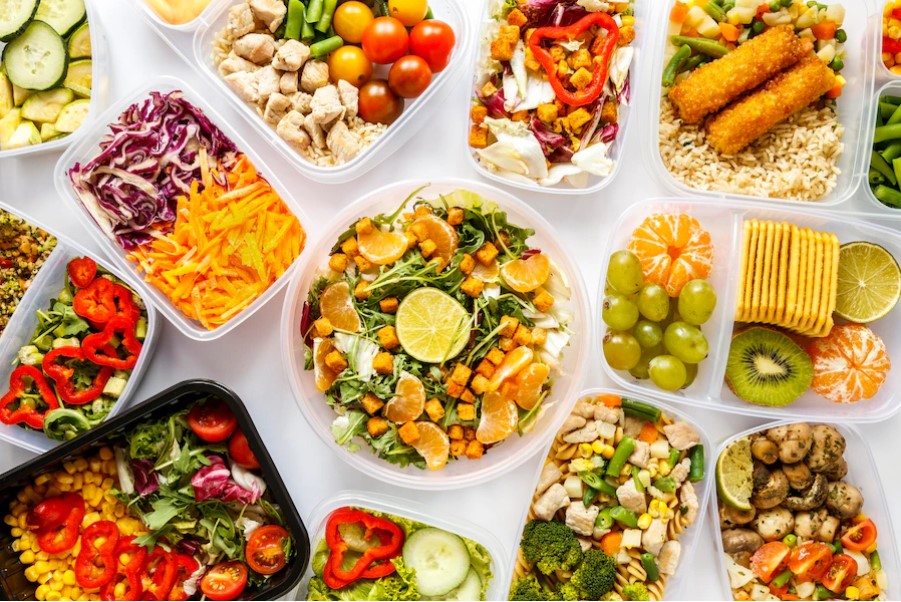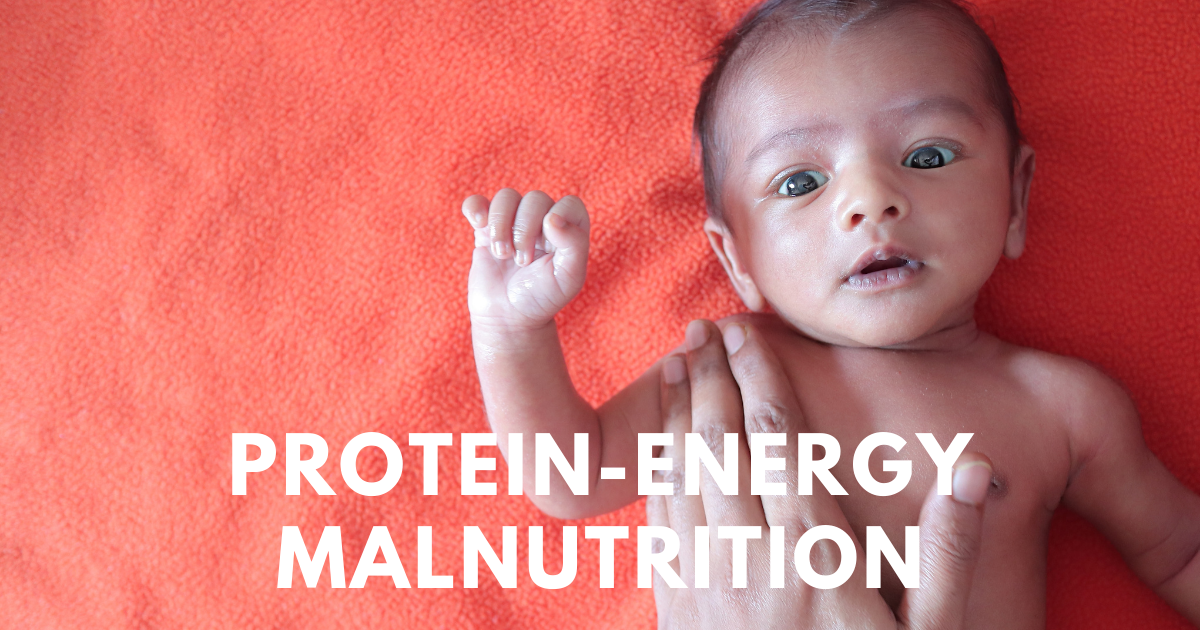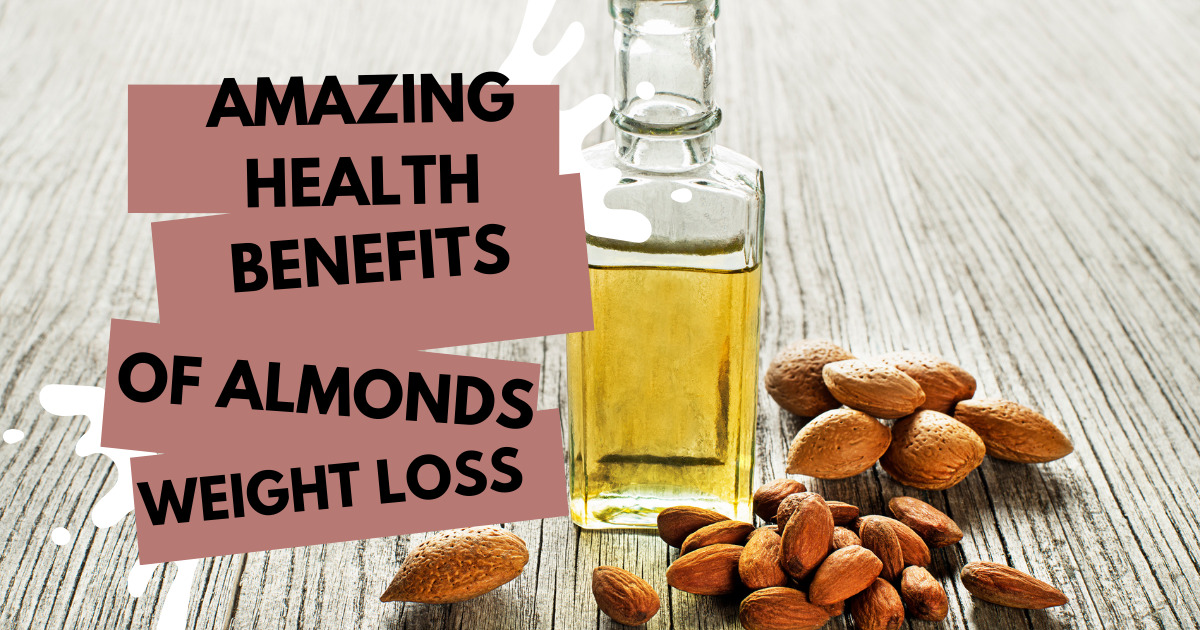Mindful Eating: How to Improve Your Mental Health and Wellness Through Food
Are you tired of feeling guilty after every meal? Do you struggle with maintaining a healthy weight or managing your emotions? Mindful eating may be the solution you’ve been searching for. In this blog post, we’ll explore how paying attention to your food choices and the act of eating can improve your mental health and overall wellness. From reducing stress and anxiety to managing cravings and making healthier choices, we’ll dive into the benefits of mindful eating and provide tips for incorporating it into your daily routine. Don’t miss out on the chance to feel better both physically and mentally – read on to learn more about the power of mindful eating.
What is Mindful Eating?
-
Definition of mindful eating
This means being aware of things like your emotions and state of mind while you eat, paying attention to the smells, flavors, textures, and temperatures of the foods you’re ingesting, and noticing the messages your body is giving you about hunger and fullness.
With mindful eating, rather than imposing strict regulations or parameters on what you eat, you learn to listen to your body’s needs and find a way of eating that works for you. This can be intimidating at first, but over time, you can develop the capacity to discern and choose the types and amounts of food that will help you to feel satisfied and nourished.
-
The difference between mindful eating and dieting

Rather than following a designated plan or set of rules of what to eat, mindful eating involves being conscious and aware of your food choices, fostering an attitude of self-love and compassion. It encourages listening to internal cues such as hunger, fullness, and cravings to determine when and what to eat. Below you will find 5 major differences between mindful eating and dieting
1. Mindful eating is about focus on the current moment, paying attention to physical signals, such as hunger and fullness, and allocating time for eating. Dieting is about following a specific set of food rules or guidelines.
2. Mindful eating emphasizes being aware of emotions and thoughts during mealtime and making deliberate meal choices based on information other than low-calorie counts or a specific plan. Dieting is often goal-oriented, with the outcomes of losing weight or inches being the focus.
3. Mindful eating encourages eating slowly and savoring your food, while dieting often enforces strict rules around eating quickly and avoiding certain foods.

4. Mindful eating encourages mindful habits, such as stress reduction techniques, along with nourishing behaviors around food like shopping for healthy items at the grocery store. Dieting will often only focus on the food aspect of healthy eating.
5. Mindful eating is about enjoying food, savoring its flavor, and being aware of the pleasure that food can bring. Dieting is often about restrictive eating, eat little or no food, or eliminating whole food groups.
Benefits of Mindful Eating

-
Improving mental health (reducing stress and anxiety)
One of the key benefits Mindful eating is that it helps to improve your mental health and wellness by helping you to be more present in the moment. By focusing on the food you are eating, and the act of eating, you can be more in tune with your body and your thoughts. This can help to reduce stress, anxiety, and other negative emotions.
-
Managing cravings
Another benefits of mindful eating is that it can help you to be more aware of your body’s hunger and fullness cues. This can help you to eat only when you are truly hungry, and to stop eating when you are full. This can be especially helpful for those who struggle with overeating or emotional eating.

-
Making healthier food choices
Also mindful eating can help you to savor the flavors and textures of your food. By focusing on the taste and texture of your food, you can better appreciate it, and enjoy the experience of eating. This can make it easier to feel satisfied with smaller portions, and can help you to appreciate the simple pleasures of food and make healthier food choices.
-
Aiding in weight management
It can be an effective tool for managing weight and improving overall health, as it can help individuals to make more conscious and intentional food choices, rather than eating on autopilot or in response to emotional triggers. Additionally, mindful eating can lead to a more positive relationship with food and can reduce feelings of guilt or shame associated with overeating or eating “forbidden” foods. One of the best ways to promote both physical and mental health it to practice mindful eating.

How to Incorporate Mindful Eating into Your Daily Routine
- Tips for becoming more aware of your eating habits
- Make a list of your eating and drinking propensities. Keep a nourishment and refreshment journal for a number of days. Type in down everything you eat and drink, counting sugary drinks and liquor. Compose down the time of day you ate or drank the thing. This will assist you reveal your propensities. For example, you might find simply always look for a sweet nibble to induce you through the mid-afternoon vitality droop. It’s great to note how you were feeling after you chosen to eat, particularly in the event that you were eating when not hungry. Were you tired? Focused out? Highlight the propensities on your list that will be driving you to gorge.

2. Common eating propensities that can lead to weight pick up are: Eating as well fast Always cleaning your plate, Eating when not hungry, Eating whereas standing up (may lead to eating thoughtlessly or as well quickly), Always eating dessert Skipping suppers (or possibly fair breakfast), Look at the unfortunate eating propensities you’ve highlighted.

3. Make a list of “cues” by investigating your nourishment journal to gotten to be more mindful of when and where you’re “triggered” to eat for reasons other than starvation. Note how you’re regularly feeling at those times. Regularly an natural “cue”, or a specific enthusiastic state, is what energizes eating for non-hunger reasons.
Common triggers for eating when not hungry are:
- Opening up the cabinet and seeing your favorite nibble food.
- Sitting at domestic observing television.
- Before or after a upsetting assembly or circumstance at work.
- Coming domestic after work and having no thought what’s for dinner.
- Having somebody offer you a dish they made “just for you!”
- Walking past a sweet dish on the counter.
- Sitting within the break room adjacent to the distributing machine.
- Seeing a plate of doughnuts at the morning staff meeting.
- Swinging through your favorite drive-through each morning.
- Feeling bored or tired and considering nourishment might offer a pick-me-up.
Circle the “cues” on your list merely confront on a day by day or week after week premise.

4. Replace undesirable propensities with unused, sound ones. For case, in reflecting upon your eating propensities, you will realize simply eat as well quick after you eat alone. So, make a commitment to share a lunch each week with a colleague, or have a neighbor over for supper one night a week. Another technique is to put your fork down between chomps. Too, minimize diversions, such as observing the news whereas you eat. Such diversions keep you from paying attention to how rapidly and how much you’re eating. Eat more gradually. On the off chance that you eat as well rapidly, you’ll “clean your plate” rather than paying consideration to whether your starvation is satisfied. Eat only when you’re really hungry rather than after you are tired, on edge, or feeling an feeling other than starvation. In the event that you discover yourself eating after you are encountering an feeling other than starvation, such as boredom or uneasiness, attempt to discover a non-eating action to do instep. You will discover a fast walk or phone call with a companion makes a difference you’re feeling better.
-
Practical exercises for developing mindfulness during meals

The first step in mindfulness eating is to learn how to recognize hunger signals. Our bodies naturally send out signals when we’re hungry and when we’re full. Too often, we’re focused on other things that we don’t pay attention to them. Taking the time to recognize our body’s cues can help us learn to respond to hunger in a healthy and positive way.
Mindful eating is also about taking the time to enjoy the food we eat. We live in a fast-paced world where it’s often easier to grab processed food and eat it quickly on the go. Instead, take a moment to recognize the sights and smells of the food, as well as the sight and texture of it. Eat slowly, savoring the experience as a way to become more aware of the sensations of eating.
Practicing mindful eating can also involve reflecting on how the food we’re eating affects our bodies and our minds. We can pay attention to how we feel after different meals and recognize how our emotions and eating habits affect that. This kind of self-reflection can be incredibly beneficial to our mental health, helping us recognize patterns and make better decisions when it comes to food.
In summary, mindful eating can be an incredibly therapeutic practice. It can help us understand and process our body’s needs as well as our emotional triggers when it comes to food. Taking the time to recognize and reflect on how we feel after eating can enable us to take control of our eating behaviour and make healthier decisions for both our physical and mental health.
-
How to create a positive relationship with food

It’s one thing to trust for a change — and it’s another to effectively attempt to create alter happen. First, keep in mind that you’re your claim individual. You’ve got your claim history with nourishment, your claim nourishment inclinations, and each right to explore this travel in a way that suits you. That said, underneath are a few accommodating tips.
- Think maintainability. Before setting out on an eating regimen, inquire yourself in case you will be able to take after the way of life arrange long-term. If the answer isn’t “yes,” you will got to make a few changes to your arrange to set the foundation for a solid relationship with nourishment, Jones says. An eating regimen wealthy in natural products, vegetables, entire grains and dairy items, direct in incline protein and moo in sodium is by and large a great choice. Such an eating arrange can offer assistance decrease your hazard of:
- Cancer.
- Diabetes.
- Heart disease.
- High blood pressure

2. Look for support. Many individuals have fallen into terrible eating propensities amid the COVID-19 widespread, driving to the coining of the terms “the isolate fifteen” or “the isolate nineteen,” a reference to weight pick up amid the lockdown. The best way to preserve a solid relationship with nourishment is to look for bolster from a proficient, like a enlisted dietitian who can give procedures based on your way of life and nourishment preferences.

3. Do not name particular nourishments as great or bad. A glass of broccoli does not have celestial wellbeing powers, and a cut of pizza isn’t wicked. A few nourishments are way better for your well-being than others, but no nourishment is either fiendish or kind, says Anne Lewis, a clinical analyst in private hone in Indianapolis. Ascribing ethical qualities to nourishments gives them outlandish control, Lewis says. In case you veer off from your count calories and eat garbage nourishment, that doesn’t make you a awful individual, and you needn’t beat yourself up over it, which seem lead to a sense of vanquish and overeating.

4. Minimize your openings to create awful choices. For illustration, on the off chance that you’re on a low-sugar count calories, it’s Alright to have a little piece of cake on uncommon events, such as your birthday or when you’re out having supper with companions, Lewis says. Limit your cake utilization to extraordinary events. Don’t routinely keep cake within the domestic. Keeping certain nourishments adjacent can promote a propensity of eating them, Lewis says. In the event that you’ve got a birthday celebration in your domestic and have remaining cake, donate it absent or toss it out.
5. Do not get as well restrictive. Rather than cutting out certain nourishments totally, permit yourself one day a week to have a humble parcel of your favorite treat. For illustration, rather than attempting to expel donuts until the end of time from your count calories, allow yourself one each seven days, Clifford says. Trying to never eat a particular food for the rest of your life may well be unreasonable. Instead of feeling like a disappointment in the event that you have got a treat – which seem lead to orgy eating – consolidate that nourishment into your eating schedule in moderation

Conclusion
In conclusion, mindful eating can be a powerful tool for improving your mental health and overall wellness. By paying attention to your food choices and the act of eating, you can reduce stress and anxiety, manage cravings, and make healthier choices. Incorporating mindful eating into your daily routine is a simple, yet effective way to create a positive relationship with food and achieve your health and wellness goals. Remember to be patient with yourself, and remember that incorporating mindful eating is a process that takes time, so try to enjoy it. Lastly, if you’re looking for additional resources to help you on your mindful eating journey, consider consulting a therapist or registered dietitian. With the right mindset and approach, you can improve your mental health and overall wellness through mindful eating.











